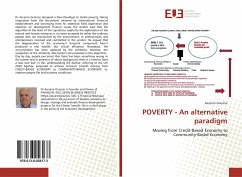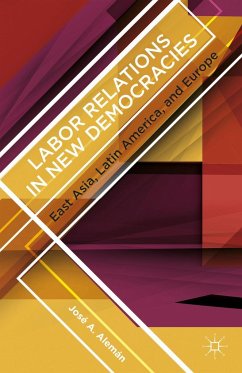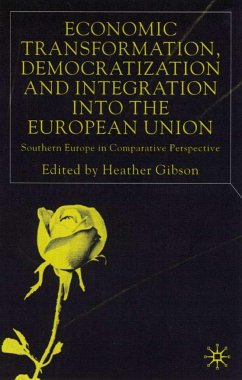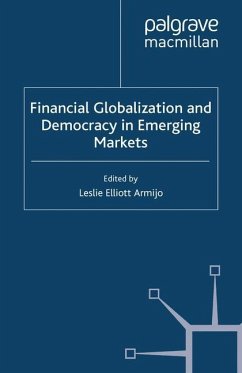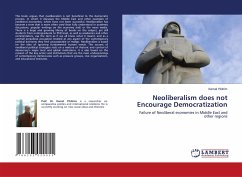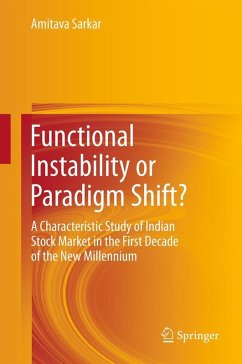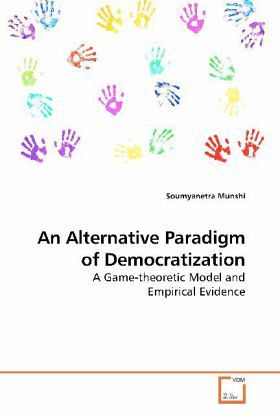
An Alternative Paradigm of Democratization
A Game-theoretic Model and Empirical Evidence
Versandkostenfrei!
Versandfertig in 6-10 Tagen
32,99 €
inkl. MwSt.

PAYBACK Punkte
16 °P sammeln!
This monograph presents a theoretical perspective on democratization, and also tests it empirically. Various models of democratization have been proposed in the literature, like enfranchisement in response to threats of revolution, threats of war, and split of interests among elites. However there seems to be instances of democratization that do not follow any of these patterns. For one, these theories rely on redistributive aspects of franchise extension. My model captures democratization arising out of an evenly-balanced partisan competition between political parties, large rents from office...
This monograph presents a theoretical perspective on democratization, and also tests it empirically. Various models of democratization have been proposed in the literature, like enfranchisement in response to threats of revolution, threats of war, and split of interests among elites. However there seems to be instances of democratization that do not follow any of these patterns. For one, these theories rely on redistributive aspects of franchise extension. My model captures democratization arising out of an evenly-balanced partisan competition between political parties, large rents from office and a part of the enfranchised benefiting from extension of franchise. Hence I can explain instances of suffrage extension with little or no redistributive repercussions like women s suffrage. My model also fits the democratization experiences of several countries like Sweden, Chile, and Italy. I test this theory in the case of women s suffrage in the states of the United States. Using event history analysis, I find evidence that early enfranchisement of women in some of the states, was caused, among other factors, by the intensity of competition between Republicans and Democrats.



